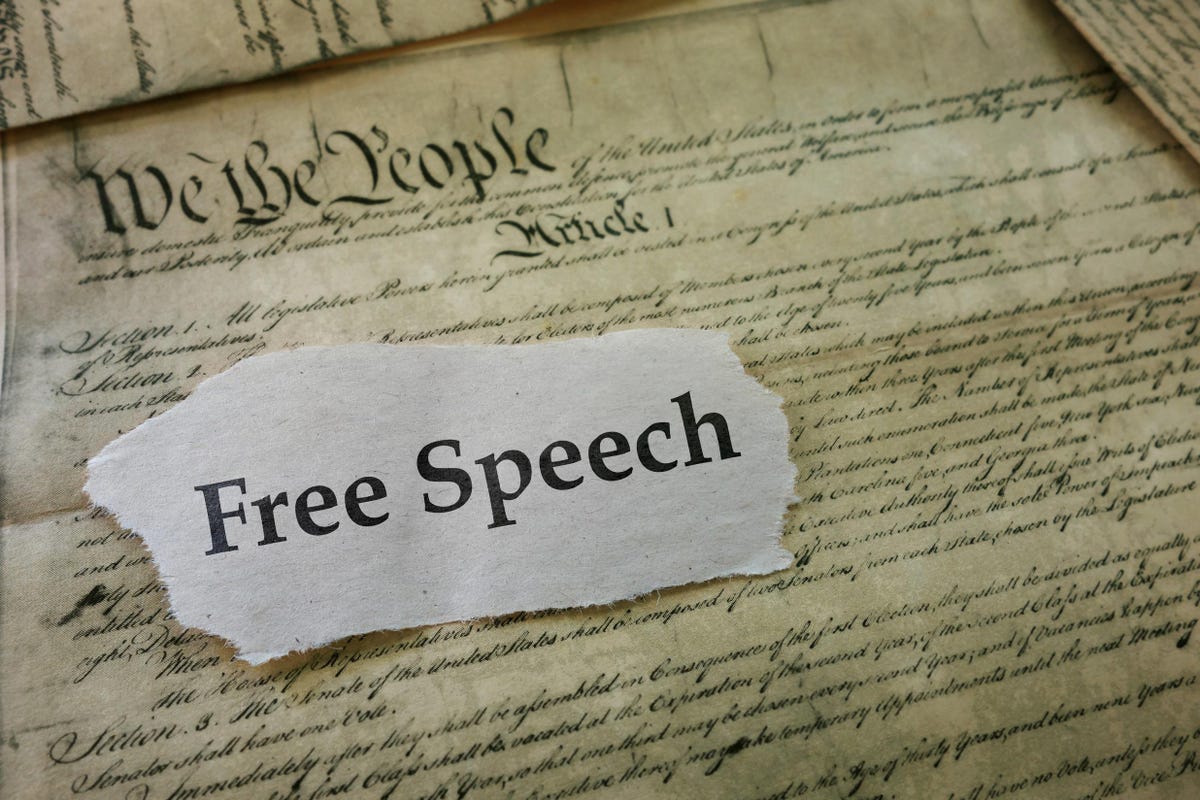Utah has adopted the Uniform Public Expression Protection Act (UPEPA), as found at Utah.Stat. § 78B-25-101, et seq., and which becomes effective for actions brought on or after May 3, 2023. This represents a substantial upgrade for Utah’s Anti-SLAPP Act. The prior Utah Anti-SLAPP law had been rated as “D-” (almost worthless) by the Institute for Free Speech which tracks such things. The adoption of the UPEPA should take Utah into the “A-” range under the IFS’s ratings with the rest of the UPEPA states.
Utah now joins Hawaii, Kentucky and Washington in the adoption of the UPEPA. What makes Utah interesting is that Utah has basically adopted a “clean” version of the UPEPA, meaning that the UPEPA was adopted intact without the tinkering that went on when the UPEPA was adopted in these other states. Thus, in Utah, we will get the first chance to see how the UPEPA in its purest form will be interpreted. This is something that is exciting for those of us who were on the UPEPA drafting committee.
For this same reason, however, there really isn’t anything to write about the Utah UPEPA that I haven’t previously written about in my discussion of the UPEPA generally.
Only a couple of states, such as California Nevada, have higher ratings than the UPEPA states and suffice it to say whether these higher ratings are justified over the UPEPA is arguable by some of us who practice those states. The California Anti-SLAPP statute is showing its age, and some textual portions have been interpreted to say something other than their clear language ― which frequently causes confusion at the trial court level. Meanwhile, the Nevada courts have taken the Nevada Anti-SLAPP statutes off into the weeds in a few areas.
Also, neither the California or Nevada statutes will have the benefit of uniformity going forward, which is a key component of the UPEPA that seeks to prevent forum shopping by defamation plaintiffs. Uniformity basically allows the courts of a state that has not yet resolved a particular issue to essentially “import” the court decisions of another state with the same uniform statute as their own decision. This is judicially efficient, but it is also efficient for litigants who might otherwise be consulting their OUIJI boards as to how a novel issue might be determined. At least in the humble opinion of your writer, the uniformity benefit lifts the UPEPA over these other statutes in quality.
Meanwhile, the UPEPA is under consideration in a number of other states and it is likely that we will see at least one more enactment this year, if not a couple. Also, while Oregon has not yet adopted the UPEPA, Oregon is considering some amendments that will draw the Oregon Anti-SLAPP law closer to the UPEPA.
Stay tuned.
Read the full article here










